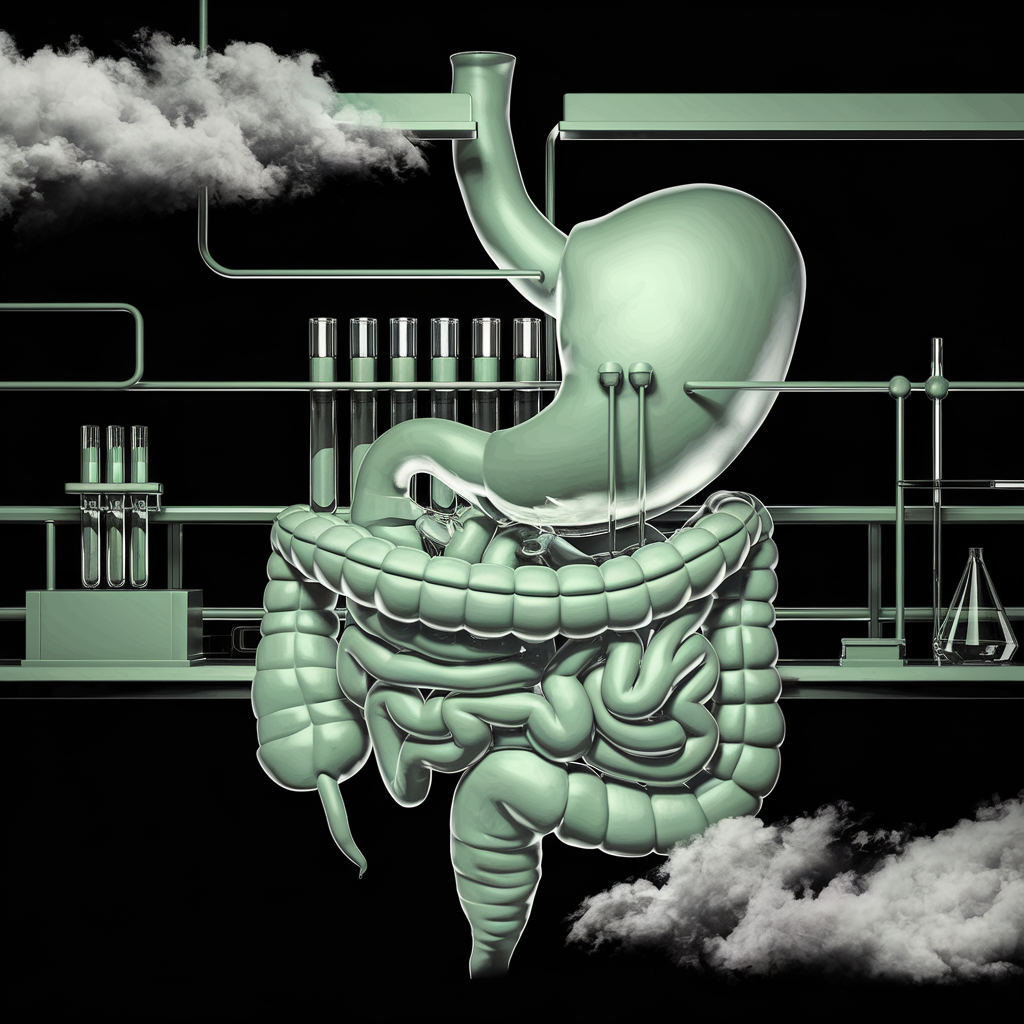Researchers at UC San Diego have made a significant discovery that could change the way Crohn’s disease is diagnosed and treated. By studying organoids derived from adult stem cells in the gut tissue of Crohn’s patients, they identified two distinct molecular subtypes of the disease. This research, published in Cell Reports Medicine, marks a shift in the understanding of Crohn’s, which has traditionally been treated with a one-size-fits-all approach.
The study involved creating a biobank of patient-derived organoids from 53 individuals with Crohn’s disease, sampled during routine colonoscopies. These organoids closely mimic the traits of the disease, offering a more accurate model than previous studies using pluripotent stem cells. The two subtypes discovered are:
- Immune-deficient infectious-Crohn’s disease (IDICD): This subtype is marked by difficulty clearing pathogens and an insufficient immune response. Patients often develop fistulas with pus discharge.
- Stress and senescence-induced fibrostenotic-Crohn’s disease (S2FCD): Characterized by cellular aging and stress, this subtype leads to fibrosis (scarring) of the gut and the formation of strictures.
This discovery highlights the need for personalized treatments, as the current approach with anti-inflammatory drugs is not effective for all patients. For those with IDICD, therapies targeting bacterial infections could prove more effective, while for S2FCD patients, treatments that address cellular aging, such as stem cell-based therapies, may offer better outcomes
“Traditionally, we have been treating this disease with anti-inflammatory drugs, an approach that can be likened to putting out fires. With this study — the first of many based on the ongoing work and the efforts that are going to translate this to the clinic — we hope to target the arsonist who is responsible for the fire in the first place.” . Pradipta Ghosh, M.D., professor of cellular and molecular medicine and executive director of the HUMANOIDTM Center
The researchers hope to develop a simple test to quickly identify which subtype a patient has, leading to more tailored and effective treatments. With ongoing research, the team predicts future therapies, including gene editing and RNA-based treatments, that will treat Crohn’s disease based on its distinct molecular subtypes, moving beyond traditional anti-inflammatory drug treatments.


